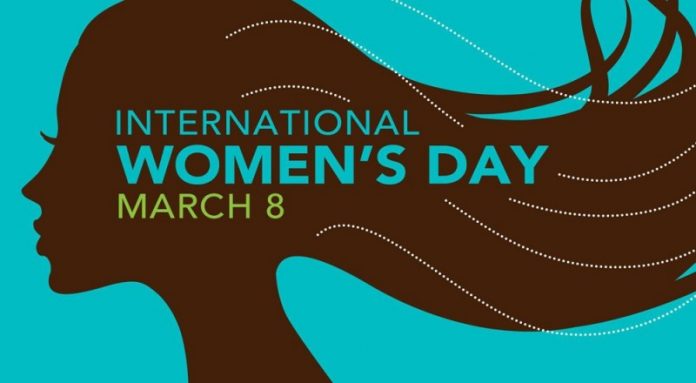March 08th is the day where countries across the world celebrate International Women’s Day.
According to the United Nations Women’s Organization, this year, the theme for International Women’s Day, “Women in leadership: Achieving an equal future in a COVID-19 world,” celebrates the tremendous efforts by women and girls around the world in shaping a more equal future and recovery from the COVID-19 pandemic and highlights the gaps that remain.
International Women’s Day has been celebrated for over a century now and its roots lie in the labour movement. It was first organized in 1911 by the early 20th century Marxist from Germany Clara Zetkin.
Women’s Day was observed for the first time in 1911 in Austria, Denmark, Germany and Switzerland.
United States’ first women’s rights convention was held in New York. It demand civil, social, political and religious rights for women in a Declaration of Sentiments and Resolutions.
International Women’s Day was celebrated for the first time by the United Nations in 1975.
As pinpointed by the United Nations Women’s Organization, women’s full and effective participation and leadership in of all areas of life drives progress for everyone. Yet, women are still underrepresented in public life and decision-making, as revealed in the UN Secretary-General’s recent report. Women are Heads of State or Government in 22 countries, and only 24.9 per cent of national parliamentarians are women. At the current rate of progress, gender equality among Heads of Government will take another 130 years.
The Organization further highlights, women are also at the forefront of the battle against COVID-19, as front-line and health sector workers, as scientists, doctors and caregivers, yet they get paid 11 per cent less globally than their male counterparts. An analysis of COVID-19 task teams from 87 countries found only 3.5 per cent of them had gender parity.
It further assures that when women lead, the world sees positive results. Some of the most efficient and exemplary responses to the COVID-19 pandemic were led by women. And women, especially young women, are at the forefront of diverse and inclusive movements online and on the streets for social justice, climate change and equality in all parts of the world. Yet, women under 30 are less than 1 per cent of parliamentarians worldwide.
Hence this is the reason for this year’s International Women’s Day is perceived as a rallying cry for Generation Equality, to act for an equal future for all.
Currently, women are generally deprived of the dignity they deserve. Yet on the other hand, women should also work to protect their dignity and value.
















